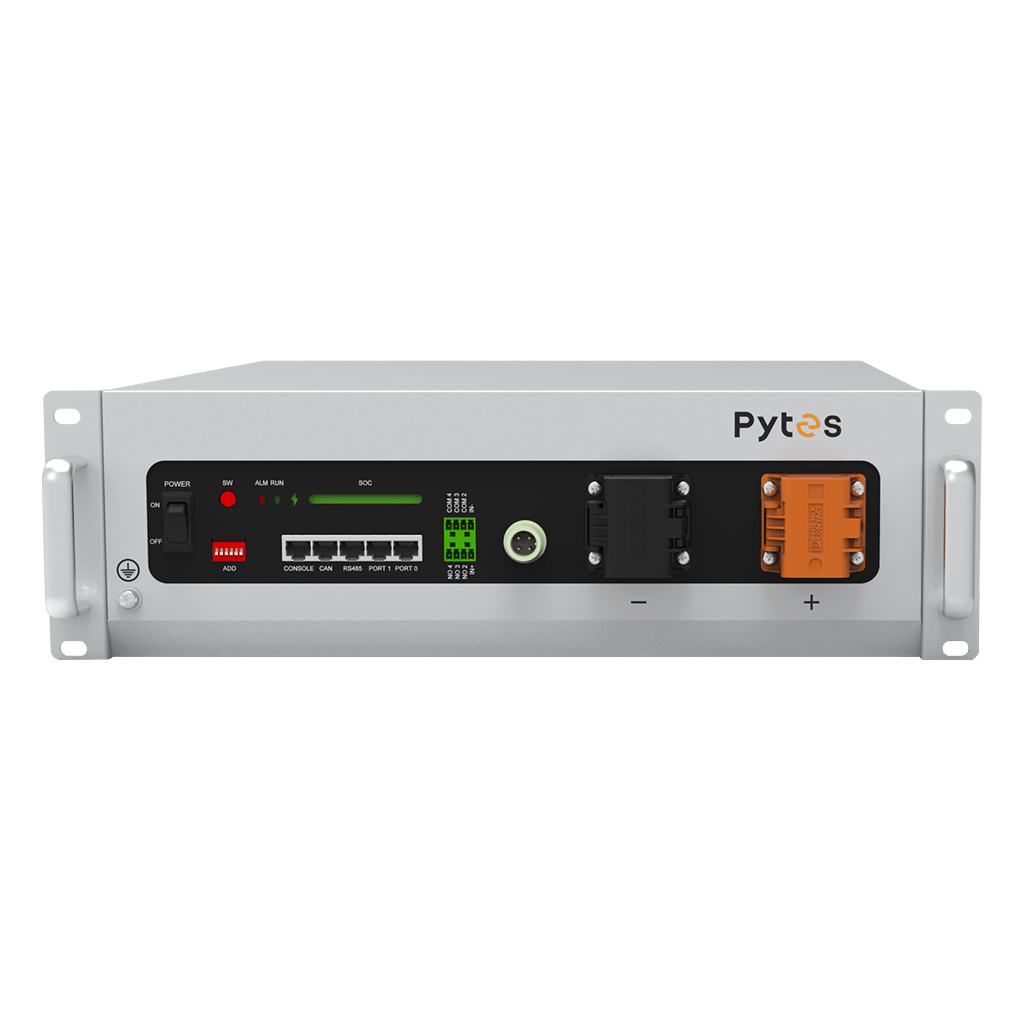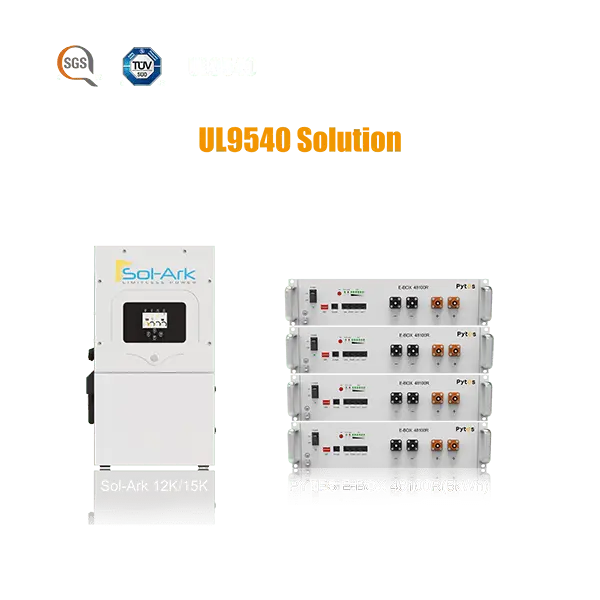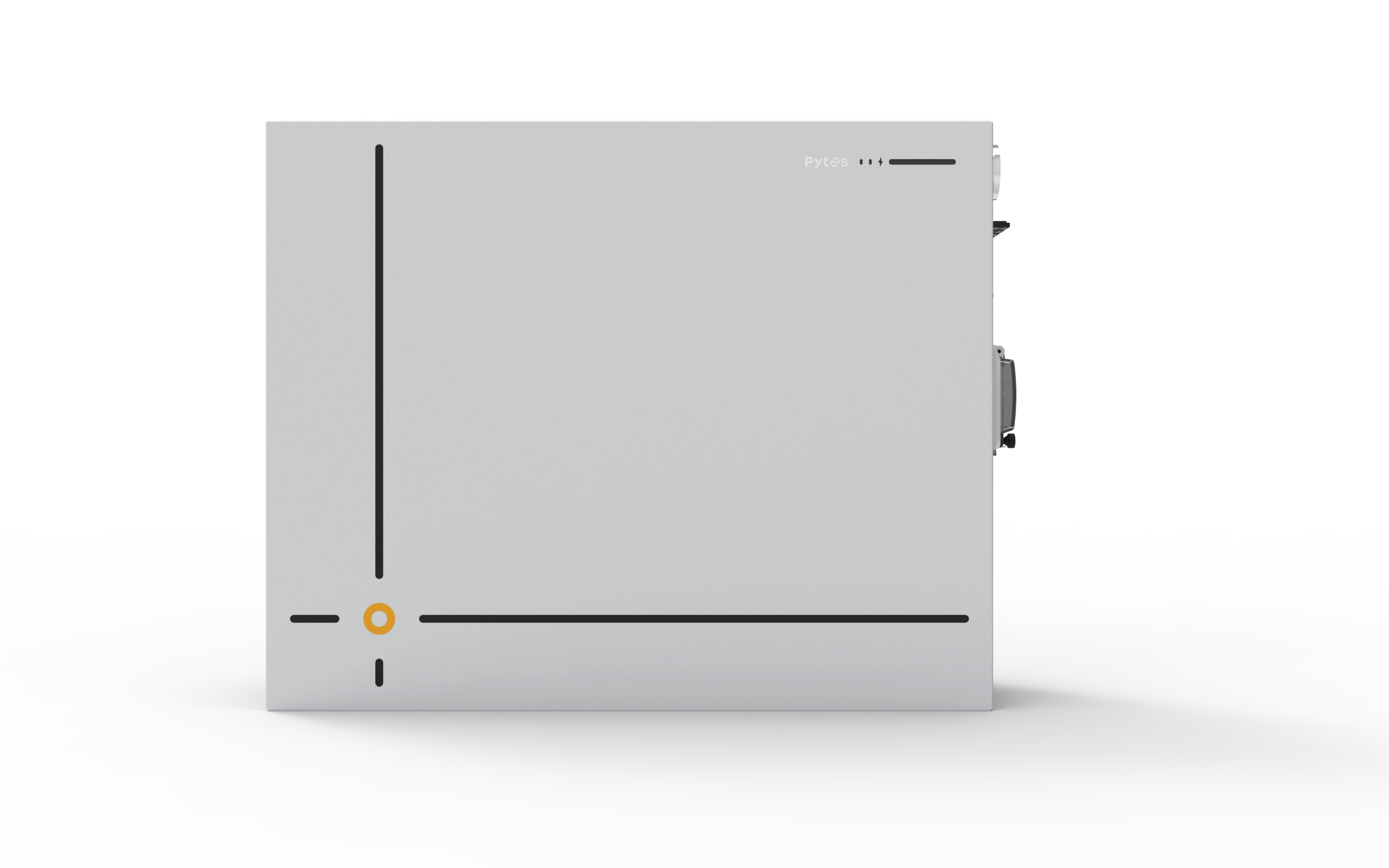In today's world, the demand for reliable and sustainable energy sources is more pressing than ever. With the increasing frequency of power outages and the growing concern for environmental sustainability, the need for alternative energy solutions has become paramount. Solar backup systems offer a practical and efficient way to ensure a reliable energy supply while reducing reliance on traditional grid power.
A. What are Solar Backup Systems?
A solar backup system, also known as a solar backup system or solar storage system (e.g. Pytes V10 and Pytes V5° in the Pytes V series or Pytes E-Box 48100R) is designed to store the excess energy produced by the solar panels during the day for later use. A solar backup system consists of solar panels, an inverter, a battery and a charge controller. Solar panels convert sunlight into electricity, which is then stored in batteries for use when there is little or no sunlight.
B. How do Solar Backup Systems Work?
1. Solar Panel Conversion:
Solar panels are made up of photovoltaic (PV) cells that convert sunlight into direct current (DC) electricity. These panels are typically installed on rooftops or open spaces where they can receive maximum sunlight exposure.
2. Energy Storage:
The excess electricity generated by the solar panels is stored in batteries for later use. The charge controller regulates the flow of electricity to prevent overcharging or discharging of the batteries, ensuring their longevity.
3. Power Inversion:
When the stored energy is required, the inverter converts the DC electricity from the batteries into alternating current (AC) electricity, which is suitable for powering household appliances and devices.

A. Reliable and Uninterrupted Power Supply:
One of the significant advantages of solar backup systems is their ability to provide a reliable and uninterrupted power supply. During power outages or when the sun is not shining, these systems can seamlessly switch to stored energy, ensuring continuous power to essential appliances and devices.
B. Cost Savings:
Solar backup systems can significantly reduce electricity bills by utilizing free and renewable energy from the sun. By generating and storing their electricity, homeowners can reduce their reliance on the grid and avoid rising energy costs.
C. Environmentally Friendly:
Solar backup systems are an eco-friendly alternative to traditional energy sources. By harnessing the power of the sun, these systems produce clean energy, reducing greenhouse gas emissions and minimizing the carbon footprint. They contribute to a greener and more sustainable future.
D. Energy Independence:
With solar backup systems, homeowners can achieve energy independence by generating their electricity. This independence provides a sense of security, knowing that they are not solely reliant on the grid and are less susceptible to power outages or fluctuations.

A. Grid-Tied Solar Backup Systems:
Grid-tied solar backup systems are connected to the main power grid. They allow homeowners to use solar energy when it is available and switch to grid power when needed. Excess energy generated by the solar panels can be fed back into the grid, earning credits or reducing electricity bills through net metering.
B. Off-Grid Solar Backup Systems:
Off-grid solar backup systems are independent of the main power grid. They are suitable for remote areas or locations where grid connection is not feasible. These systems rely solely on solar energy and stored power in batteries, providing a self-sufficient energy solution.
A. Energy Requirements:
Assessing your energy requirements is crucial when selecting a solar backup system. Consider the number of appliances and devices you need to power during an outage and calculate the total energy consumption to determine the system size and battery capacity required.
B. Battery Technology:
The type of battery used in a solar backup system plays a vital role in its performance and longevity. Lithium-ion batteries are commonly used due to their high energy density, longer lifespan, and faster charging capabilities. However, they are more expensive than lead-acid batteries, which have a lower upfront cost but require regular maintenance.
C. Installation and maintenance:
Make sure the solar backup system you choose is easy to install and maintain. It is recommended that you consult a professional or solar company such as Pytes to ensure proper installation and understand the maintenance requirements of the system.

Solar backup systems provide a reliable and sustainable solution for ensuring an uninterrupted supply of energy while reducing reliance on the traditional power grid. Solar backup systems offer numerous benefits making them a reliable choice for homeowners and businesses in 2025.
48V Lithium Phosphate Batteries: A Sustainable Solution for Off-Grid Power Systems